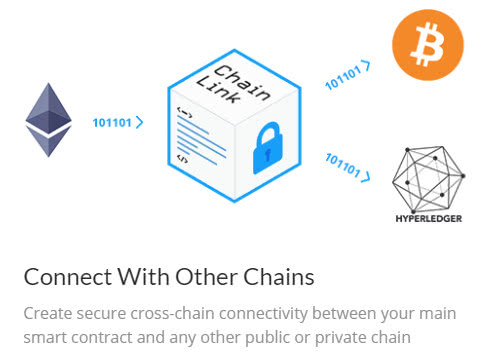|
|
Okay, so I need to figure out what ArbitrageCT is. Let me start by breaking down the term. "Arbitrage" I know is a financial strategy where you buy and sell the same asset in different markets to profit from price differences. But what does "CT" stand for here? Maybe it's an abbreviation. CT could stand for a few things. In finance, CT might be "Cross-Term" or "Cross-Trade," but I'm not sure. Alternatively, CT could be related to a company name or a specific type of arbitrage. Let me think.
First, I'll check if ArbitrageCT is a known term in finance. Maybe it's a specific strategy or a platform. Let me search online. Hmm, searching "ArbitrageCT" brings up some results related to cryptocurrency arbitrage, maybe? There's a platform called ArbitrageCT that focuses on crypto markets. Alternatively, CT could be short for Connecticut, but that seems less likely. Another possibility is "CT" as in "Currencies and Tokens," but that's a stretch.
Wait, in crypto, CT often stands for "Crypto Token." So maybe ArbitrageCT refers to arbitrage opportunities in the crypto token market. That makes sense. Crypto arbitrage involves buying and selling the same token on different exchanges to exploit price discrepancies. So ArbitrageCT could be a tool or service that helps users identify and execute such arbitrage in the crypto space.
But I should verify this. Let me look up "ArbitrageCT crypto." Yes, there's a mention of ArbitrageCT as a crypto arbitrage bot or platform. It uses algorithms to monitor multiple exchanges and execute trades automatically when price differences are detected. That sounds plausible. The CT here likely stands for Crypto Tokens. So the service helps users profit from price differences in different crypto markets.
Alternatively, maybe CT is part of a project name. For example, a project might be named ArbitrageCT, combining arbitrage and a specific technology or blockchain. But without more context, it's hard to say. The most common interpretation seems to be crypto token arbitrage.

Another angle: CT could be "Continuous Time" in mathematical finance, but that's usually denoted as CT in stochastic calculus, but that's a stretch. More likely, it's related to crypto tokens.
To sum up, ArbitrageCT is likely a platform or tool designed to facilitate arbitrage opportunities in the cryptocurrency token markets by monitoring multiple exchanges and executing trades automatically. The CT stands for Crypto Tokens, indicating the focus on the crypto space. It's a common strategy in crypto trading due to the high volatility and rapid price changes across different platforms.
ArbitrageCT is a platform or tool designed to exploit price discrepancies in the cryptocurrency token (CT) markets. Here's a concise breakdown:
Core Function: It automates the detection and execution of arbitrage opportunities across multiple crypto exchanges. By identifying price differences for the same token (CT) on different platforms, users can buy low on one exchange and sell high on another, profiting from the spread.
Focus Area: The "CT" in ArbitrageCT typically stands for Crypto Tokens, emphasizing its specialization in the volatile and fragmented crypto market. This is where rapid price fluctuations and platform-specific liquidity differences are most pronounced.
Technology: Uses algorithms and real-time data monitoring to scan exchanges, execute trades, and often integrate with APIs for seamless automation. Some versions may offer features like portfolio tracking, risk management, and historical analysis.
Why It Matters: Crypto markets are highly decentralized, with prices often diverging due to liquidity gaps, network delays, or regulatory changes. ArbitrageCT helps users capitalize on these inefficiencies, turning technical expertise into profit.
Considerations: Success depends on factors like execution speed, exchange reliability, and transaction costs. Users should assess fees, liquidity, and potential slippage, especially in illiquid assets.
In summary, ArbitrageCT is a crypto-focused arbitrage tool leveraging automation to capitalize on price differences across exchanges, a common strategy in the dynamic crypto trading landscape.
|
|